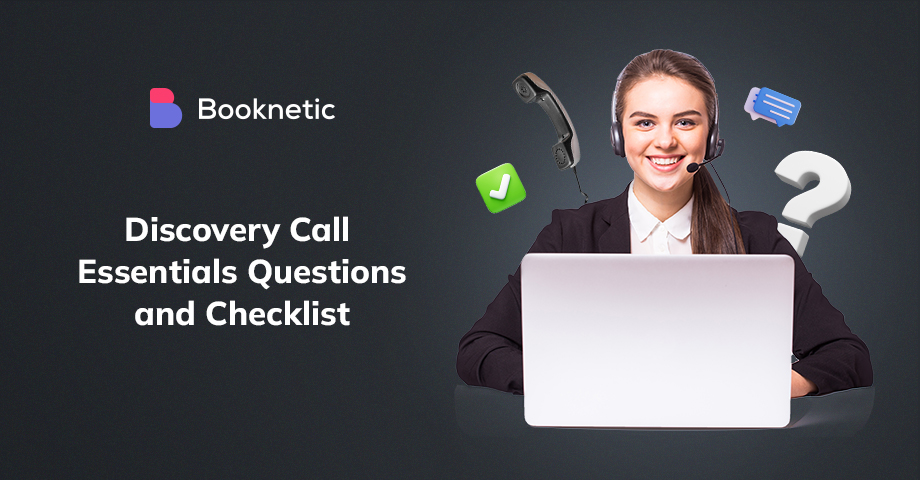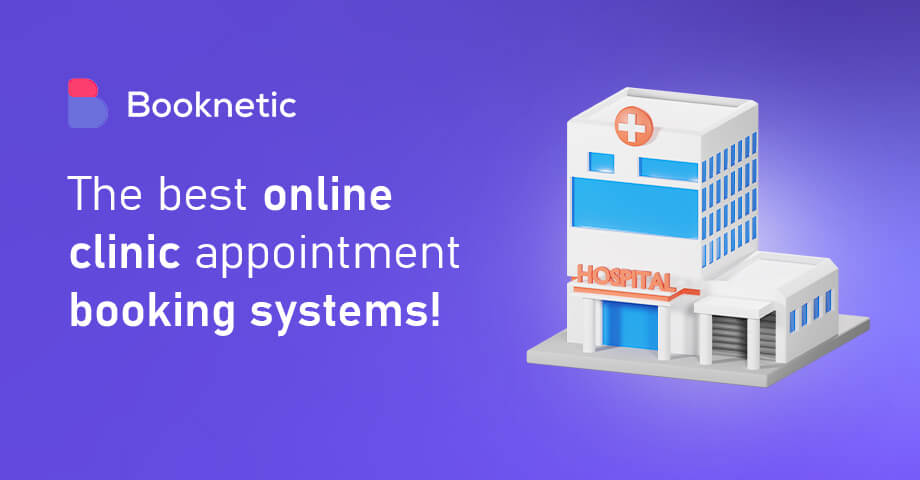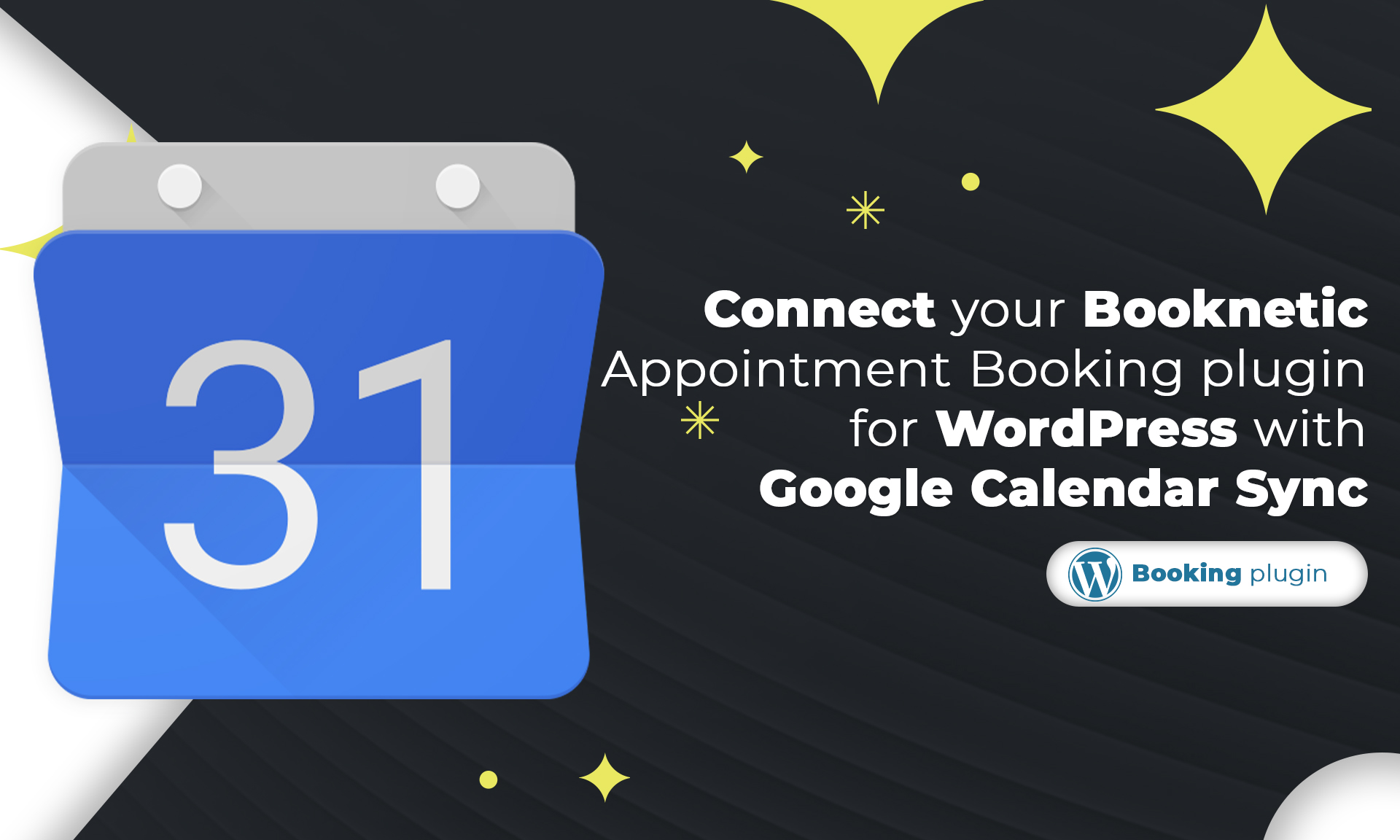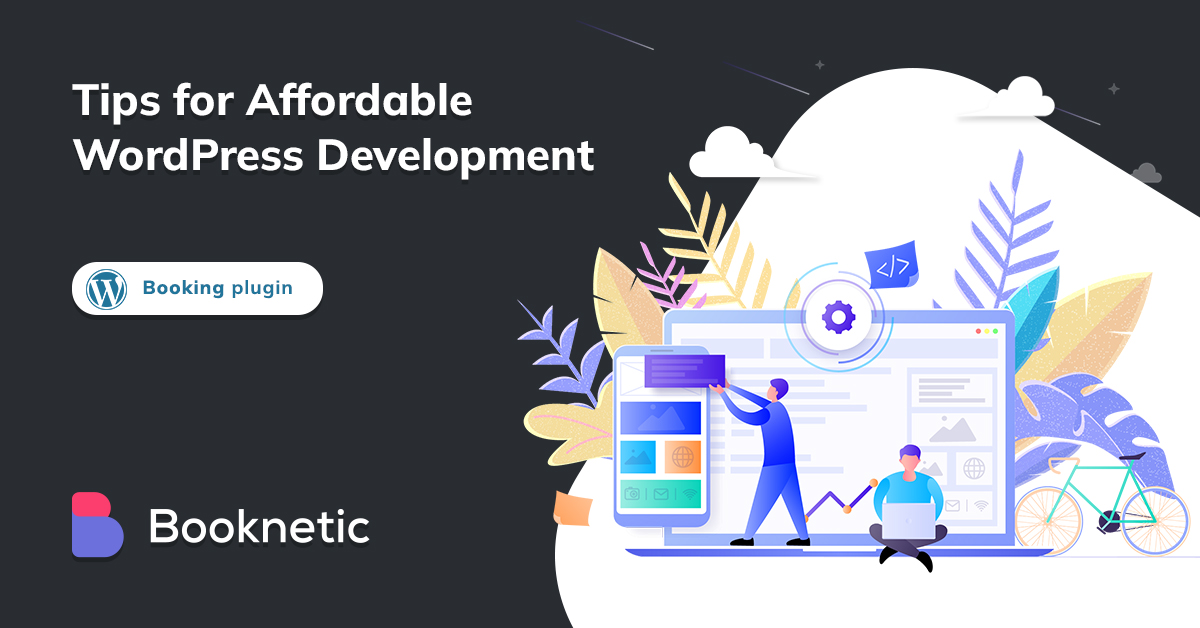[contents-table]
Making a discovery call is an essential part of the sales process. This is your opportunity to learn more about the prospect's needs and see if there is a fit for what you're selling. In order to make the most of this call, it's important to come prepared with the right questions. In this blog post, we will present you with a list of best discovery call questions during your discovery interview
What is a Discovery Call?
A discovery call is a conversation with a potential lead to qualify their purchase intent and capabilities.
While this discovery process can be completed by email, it is always more efficient to do it over the phone as it allows for proper conversation flow.
The purpose of a discovery call is to learn more about the lead, its trouble spots, goals, business information, budget, size, and needs, and understand whether the lead is right for a product.Previously these calls were executed through phone calls. Now, technology lets us set and run virtual appointments online scheduling software
As one of those tools, Booknetic lets your customers self-book appointments, and add important details about the course of their application. This builds data-based relations with you and your customers. Discovery searches also allow the caller to add more information about the lead to the file. Even if the lead is not eligible to take the next step, the recorded data can be used to determine when the lead might be eligible and when to follow up.
As you can see, discovery searches are vital to finding the right leads and reaching your sales quotas on time. To do good exploratory research, you need to ask the right best discovery call questions
Read More: Advantages of Online Scheduling Software
Why is the Discovery Process Important? The discovery process is important because it allows you to learn more about your potential client.
This information can help you determine if they are a good fit for your business. It also helps you develop a relationship with the client and understand their needs better.
Asking questions during the discovery process also shows that you are interested in helping the client reach their goals.
It demonstrates that you are willing to invest time in understanding their business and what they need from you.
The discovery process should be used as an opportunity to build rapport and trust with potential clients.
Discovery Call Checklist - [Free]
The next step is to create a sales discovery call checklist. This will help you keep track of the questions you need to ask, as well as ensure that you're covering all your bases. Here are some items to include on your list:
The prospect's current situation
The problem they're facing
Their goal for working with a coach or consultant
Their timeline for achieving their goal
Their budget for coaching or consulting services
Any other important details about their business or project
By asking these questions, you'll be able to get a clear picture of the client's needs and whether or not you can help them achieve their goals.
What is a Sales Methodology?
Sales methodology is the process that salespeople use to identify and qualify potential customers, as well as to determine what type of product or service they might need. Sales methodologies can vary depending on the industry, but most include some combination of market research, lead generation, and prospecting.
The goal of a sales methodology is to help sales teams close more deals by providing a framework for consistent and repeatable success. By following a sales methodology, salespeople can avoid common mistakes, better understand their prospects, and ultimately close more businesses.
Sales Discovery Process | Step by Step The discovery process begins with a conversation. This is where the salesperson learns about the customer's needs, wants, and budget. The goal of this conversation is to identify whether there is a fit between the product or service being sold and the buyer.
If there appears to be a fit, the next step is to give a presentation. The purpose of the presentation is to provide more information about the product or service and how it can benefit the customer.
After the presentation, it's time for best discovery call questions and answers. The Q&A session gives both the salesperson and customer an opportunity to clarify any misunderstandings and ensure that all parties are on the same page.
Sales discovery is the process of learning about a customer's needs and requirements in order to determine how best to meet those needs. Salespeople use discovery to gather information about potential customers, identify opportunities, and create solutions that address the buyer's challenges.
The first step in the sales discovery process is to establish rapport with the prospect. This can be done by asking best discovery call questions about their business, their goals, and their pain points. Once rapport is established, the salesperson can begin to ask more probing questions about the buyer's specific needs.
The second step is to qualify for the opportunity. This involves determining whether or not there is a fit between what the customer wants and what the company can provide.
Best Examples of Discovery Questions
The first step in the sales discovery process is to establish rapport with the prospect. This can be done by asking questions about Let's have a little talk with you!
B2B Sales Discovery Questions 1. Tell me about your company This is usually one of the first questions I ask when starting discovery with a new prospect. It allows me to learn more about their business, what they do, who their target market is, etc. Additionally, it gives me a chance to see if there is alignment between both companies and to determine if they are a good fit for your products or services.
2. What are your target market and customers? This is one of the first questions you should ask when starting a business. Your target market is the group of people most likely to buy your product or service. To find your target market, you can use market research and target marketing.
This is one of the most important questions you can ask when starting a business. Knowing who your target customers are will help you focus your marketing efforts and better understand what they want and need from your product or service.
3. What are your company's core values? Your values are what guide you in making decisions, both big and small. They should be reflective of the kind of company you want to be, and they should be something that all employees can get behind.
4. What is your main problem? The next step is to understand what kind of problem they're trying to solve. Is it a new problem or an existing one? How long have they been struggling with it? What are the consequences of not solving it? Who else is affected by this problem? Is it a priority for the decision-makers? Why or why not? By asking these questions, you can start to get a feel for the urgency and importance of the problem.
Once you understand the problem, you can begin to position your solution as the best option. But before you do that, you need to make sure you fully understand their current situation.
5. Where is this on your list of priorities? Asking about your priorities gives you insight into what's most important to the person you're talking to. This information can help you determine how best to serve them.
6. What made you try our solution? Knowing if they have a strategy gives you a little more insight into how they intend to solve the problem and also builds trust between you and the prospect.
They will thank you for admitting that they are competent and professional.
You will also be able to make better, more relevant recommendations that align with the plan they already have in mind.
7. Who is involved in the decision-making process of this problem? Find out who is responsible for this issue. This way you can get a clearer answer
8. How Solving the X Problem Can Help Your company? After learning about the company's challenges, learn about the positive effects of solving its problems.What impact might it have on their work? By understanding this, you will gain a better idea of the motivation behind overcoming challenges and how you can help them in the future.
9. What Metrics are you Responsible for? The next questions you should ask are related to the metrics they are responsible for. This will help you understand what kind of targets they are trying to hit and if your product can help them in any way. You should ask things like:
-What metric do you use to measure success? -What target are you trying to hit with that metric? -How does your company define success when selling?
By understanding their goals and how they plan on achieving them, you'll be able to position your product as a solution that can help them out. If you can show them that using your product can lead to hitting their targets, then you're one step closer to making a sale.
9. What Does a Successful Result Look Like? As you try to decipher whether the prospect is right for you, you must also be wondering if you are right for him.
10. Listen carefully to this response and think back to other clients you've worked with. Is the desired result really reasonable? If not, it's preferable to disappoint the hopeful gently than to let them be bad when they're not satisfied in months!
11. Which similar services have you tried? When it comes to trying new things, potential customers are often hesitant. They may be worried about wasting their time or money on something that doesn't work. As a result, one of the best ways to sell a new product or service is to ask your prospect what similar products or services they've tried in the past. This shows that you're aware of their concerns and that you're willing to help them find a solution that actually works for them. Plus, it gives you an opportunity to learn more about their needs and preferences.
12. Why did you stop working with the previous partners? The most common answer to this question is "price." But there are other important factors that can contribute to why a business decides to stop working with a certain partner, such as quality of service, communication, or even just a change in the company's needs. Asking this question can help you understand what factors are most important to your potential client and adjust your sales pitch accordingly.
Best B2C Sales Discovery Questions 1. Tell me about yourself This is a great question to start with because it allows your prospect to share information about themselves. It also gives you an opportunity to learn more about their background and what they are currently doing.
2. What made you explore our solution? When customers are considering a purchase, they usually have some sort of problem or need that they want to address. Oftentimes, this problem has been bothering them for a while and they've tried other solutions without success. Other times, they may be experiencing a new problem that they need to solve quickly.
In either case, it's important for salespeople to understand what led the customer to their product. Only then can they tailor their pitch in a way that speaks directly to the customer's needs.
3. What do you want to achieve after this consulting? These are all important questions that you should ask during your discovery process. By asking these questions, you will be able to get a better understanding of what your client wants and needs. This will help you determine if you are a good fit for their project. If not, it is best to move on to another opportunity. There is no sense in wasting your time or theirs.
4. Have you ever tried similar running services? If yes, how was your previous experience? By asking questions like these, we can get a better understanding of what our potential customers are looking for in a running club. This information helps us tailor our services to better meet their needs.
Conclusion
In this blog, we have tried to provide you with a list of the best examples of discovery questions. In addition, we have presented what a discovery call is, its importance for you, and information such as sales methodology. We hope you found it useful, do not forget to leave us a comment.




